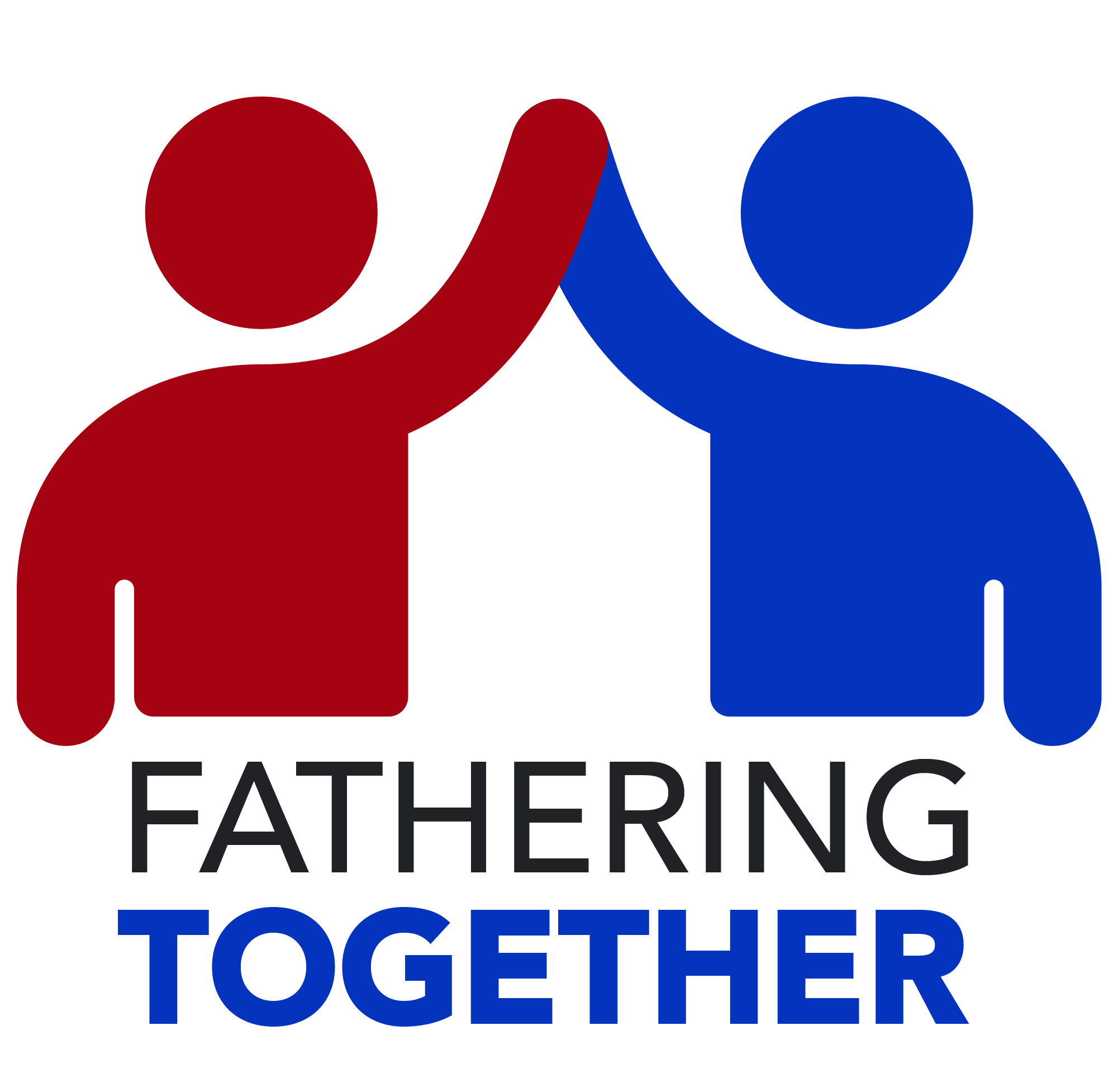Hi - my name is Kate; I am a gender expert, writer, and Advisor for the Gender Equality subgroup at Fathering Together. To celebrate Father’s Day and #MoreThanANecktie, I’m talking to 10 dads over 10 weeks about what it really means to be an engaged father. If you like this series, you can read more on gender (in)equality. Website. Twitter.
Dad#8: Philip
Location: Indianapolis, IN
Ages of Kids: 3, 5 & 7
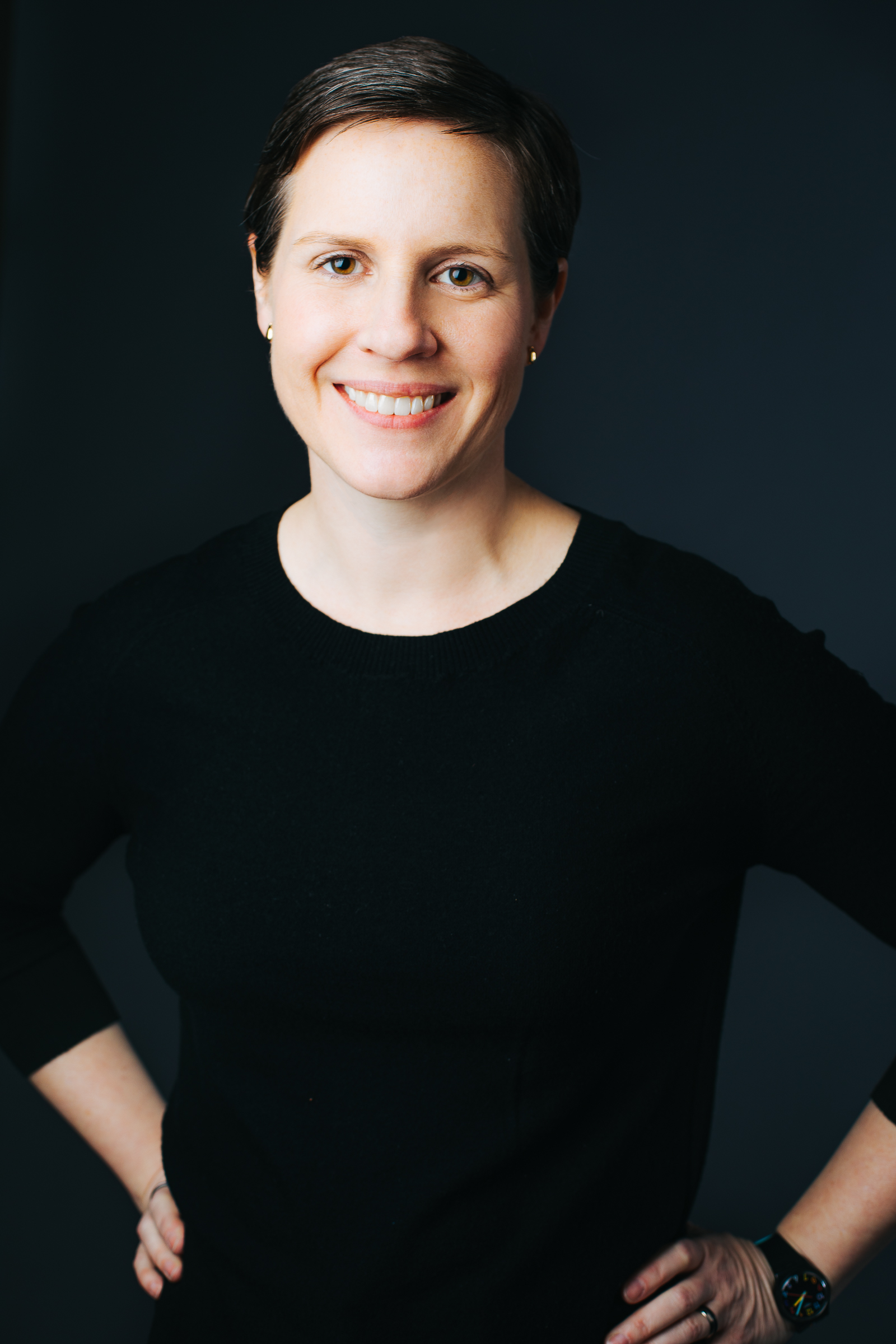
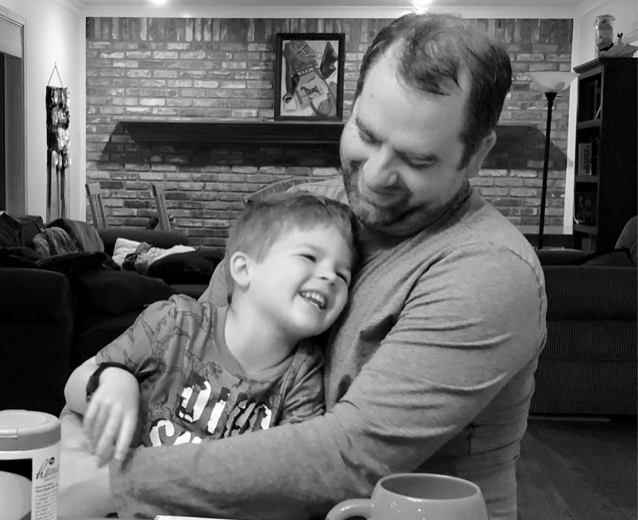
I asked every dad I interviewed what they thought about the term “caregiving” as it relates to being a father.
At its core, Philip defines caregiving as “helping the person in front do whatever it is they need to do.” He considers himself a caregiver, and doesn’t mind the use of the word in relation to fatherhood. He also believes the term can helpful when trying to be inclusive. For example, Philip researches and writes about homeschooling, and finds that the term “caregiver” is effective in addressing whichever individual is responsible for helping each child with his/her education. Sometimes it is a parent, but other times it is a grandparent, a neighbor, a foster parent, a tutor, etc. But all of them are providing care.
A lesson learned about patience. Philip always considered himself a patient person, and others often used that word to describe him. Being a teacher, he was around kids long before he had his own, and had years practicing patience before becoming a dad. But even Philip was amazed at how quickly he could lose his patience with his own kids. Of course, “losing your patience” looks different for different people. For some, it means shouting. For Philip, it is the opposite; he gets very quiet, and feels his emotions intensify.
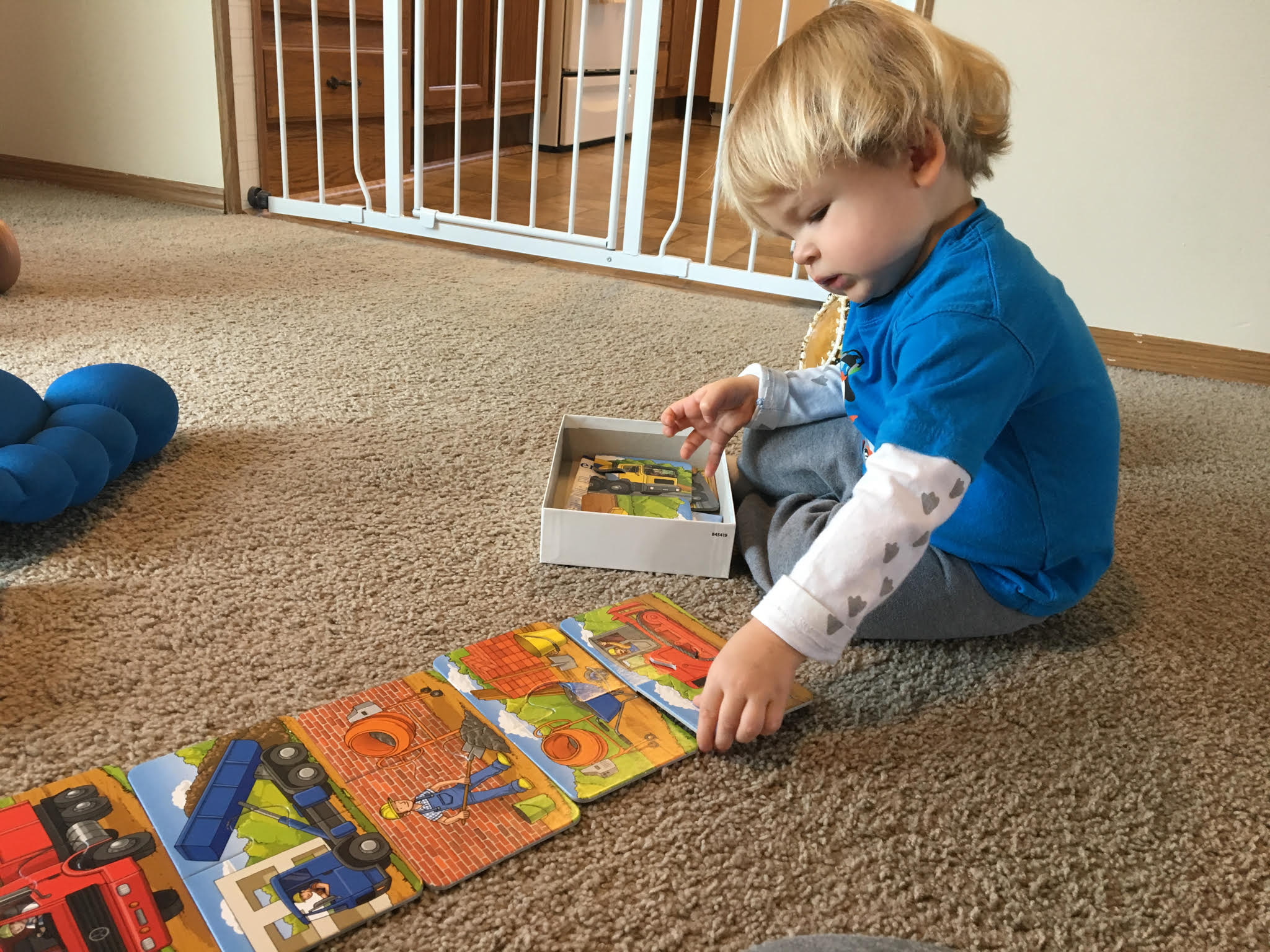
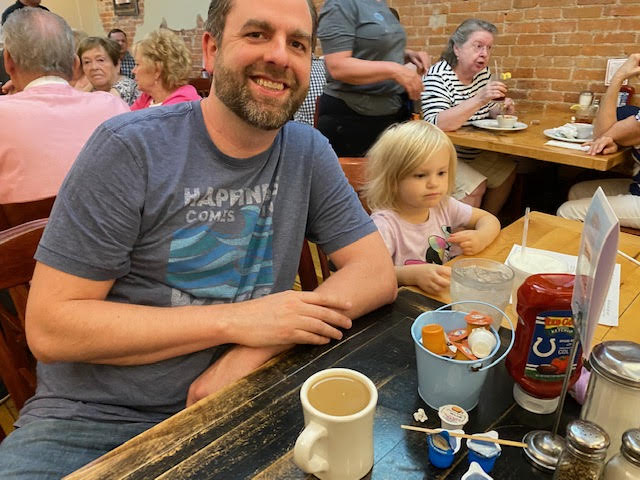
Like other parents, he wanted to be more patient with his kids, but wasn’t sure how to do that. So, Philip read some books to help him get there. What he learned is that a parent can listen to a child without necessarily agreeing with them; a child’s dissent isn’t necessarily a threat to parental authority. Just the opposite – Philip realized that disagreement was simply a way for kids to practice autonomy. With this change in perspective, Philip found it easier to be patient.
Advice on the toddler years.
We’ve all heard about the terrible two’s, and many people lament the toddler years as their hardest as a parent. (Myself included.) Philip, however, told me these were his favorite years. And I admit I was curious enough to ask – why? He told me that he appreciated that time when kids are old enough to have independent thoughts – but young enough that they haven’t absorbed society’s values yet. Toddlers often have total irreverence to adult values - things like money, material possessions, clothes, education or titles. And Philip found that fascinating to watch. He said that he learned a great deal about himself while raising toddlers.
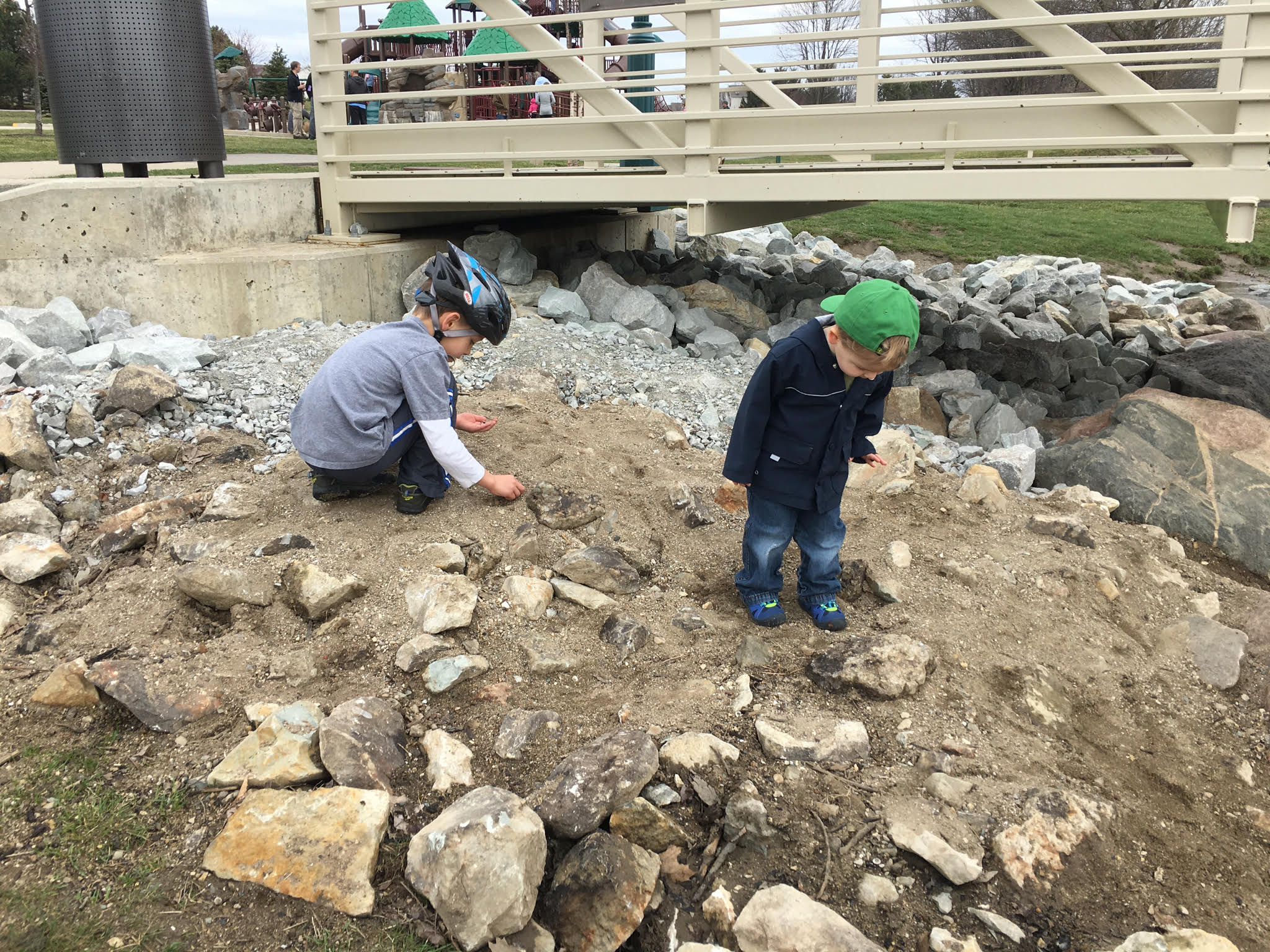
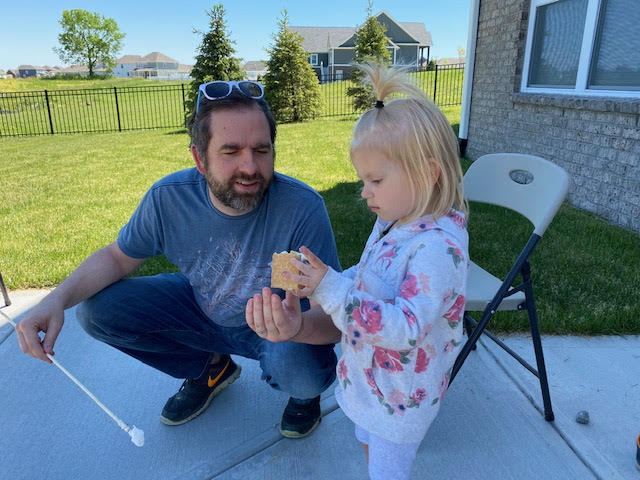
My favorite quote from Philip’s interview: “Dads mean more to kids than they think they do, but dads have less influence than they think they have.”
Philip is one of the coaches at Fathering Together. If you feel as if you could benefit from some coaching sessions with another dad, check out the Fathering Together Coach Program.
If you missed last week’s article, you can find it here. And stay tuned for the next Dads Who Care article, which will be posted next Friday, July 23
